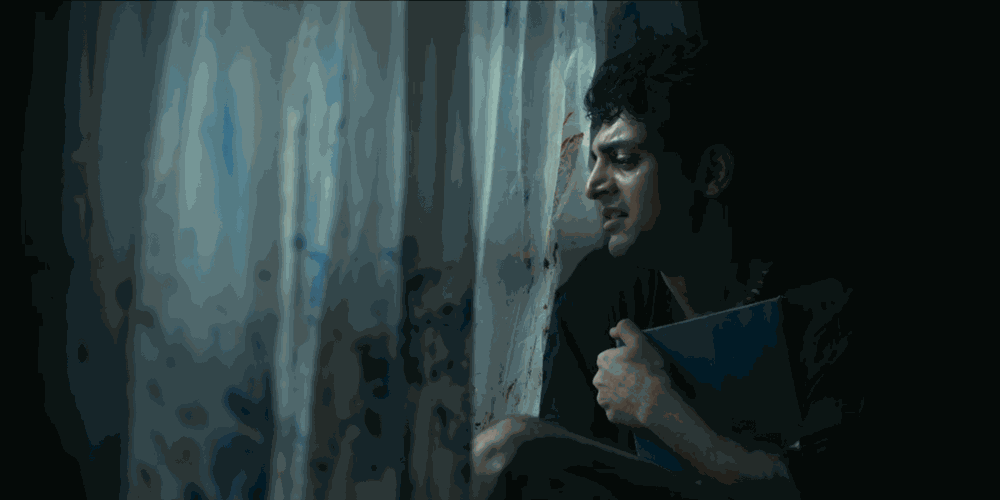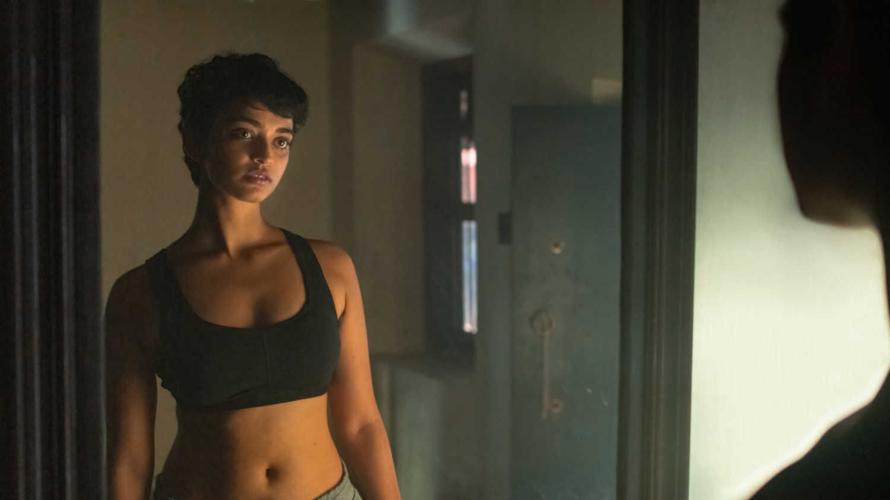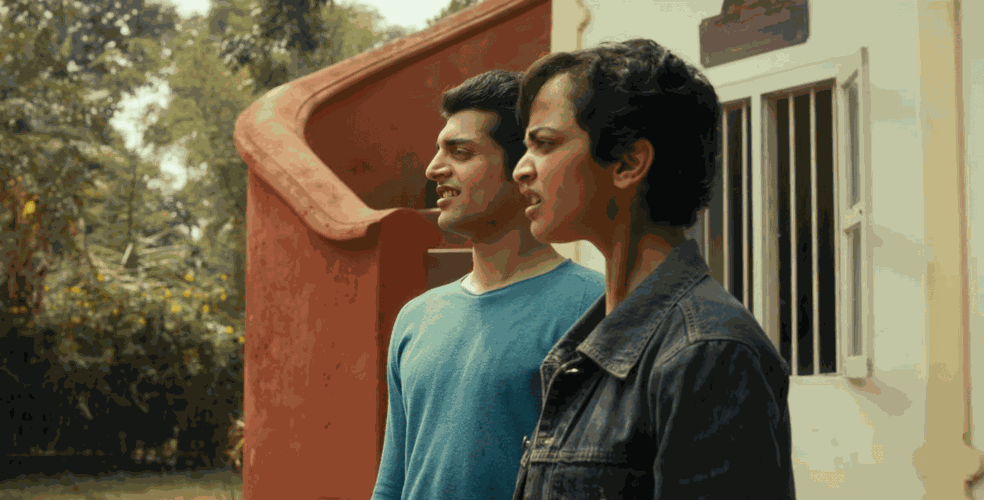Editor’s note: The views and opinions expressed in this review are solely those of Marlon Wallace and do not necessarily reflect the views and opinions of WBOC.
Sachin Kundalkar published his debut novel in the Marathi language in 2006. It was translated to English in 2013. He started his work in theater and film in the mid to late 1990’s. A lot of that work dealt with homosexuality or being gay. His debut novel was selfsame. This film is an adaptation of that novel, which Kundalkar has written and directed himself. It’s set in Fort Kochi, Kerala, which is the southern tip of India. It takes place in 1996. I’m not sure how much time actually passes. At first, it seems as though it’s just a couple of months, maybe a year. However, toward the end of the film, the protagonist sees a poster for the film Fire, which did premiere in 1996, but it premiered in Canada. It didn’t screen in India until 1998. Yet, I understand why Kundalkar would want to spotlight Fire as it was the first mainstream Bollywood film to depict homosexuality, specifically two lesbians.
Neelay Mehendale stars as Tanay Dixit, a young man who is a student that aspires to be a writer, a poet perhaps. It’s not clear if he’s in university or not, but we do see him attending a class taught by a literature teacher. When he gets up from bed, he listens to music on on his Walkman or cassette player. The opening is not that different from the opening to Flee (2021), except this film follows a much older boy. He doesn’t skip through the streets. Instead, Tanay rides his bicycle. The film takes moments along the way where things are depicted in slow-motion, likely to accentuate the sensuality that Tanay must feel when in proximity to certain things.

Prateik Babbar co-stars as an unnamed tenant who comes to live on the property owned by Tanay’s parents. He’s only referred to as a “paying guest.” His name is never spoken. The paying guest is staying inside an upstairs loft that’s adjacent to the main house where Tanay and his family live. The paying guest is a stunningly handsome man. His sex appeal is off the charts and he obviously catches Tanay’s eye. Tanay is curious to know more about him, but the paying guest doesn’t like answering questions. The paying guest clearly doesn’t have a problem with keeping secrets. What’s apparent is that the paying guest is an artist who does paintings and other artwork. He’s using the loft as an art studio.
What progresses is a Hindi version of Call Me By Your Name (2017). André Aciman wrote the book that was the inspiration for that 2017 film back in 2007, so this film isn’t a rip-off. Both Aciman and Kundalkar just happened to seize upon the idea of a teenage boy living in a lush yet isolated area who is sexually awakened and discovers his same-sex attraction through the introduction of an older boy, if not man who invades his home life. It is a kind of homoerotic fantasy where if one can’t leave and explore one’s sexuality in the outside world for whatever reason, then having someone come to you is the next best thing. Other similar films in that vein include the French film Being 17 (2016) and the Argentinian film My Best Friend (2018).

Neil Bhoopalam co-stars as the unnamed literature teacher who starts out discussing The Grapes of Wrath and helps to expose Tanay to other great works of literature and even certain films. Before the paying guest enters the picture, it’s obvious that Tanay has feelings for his teacher. His teacher, however, has a more cynical and less romantic view. Tanay’s teacher doesn’t have the hope that Tanay does. Tanay’s teacher knows that India’s society isn’t accepting of gay people and that in India being gay is still technically illegal. Even though he can hide it, he still believes he’s in a prison. It’s almost as if he doesn’t believe in love any more. He simply has to satisfy a physical need.
Tanay still believes in love. He doesn’t seem like he’s ready to give up on the idea. Unlike his teacher and unlike the paying guest, Tanay seems as if he’s capable of not succumbing to societal pressures and taking steps forward. There is a naivety to him because he’s so young. There are things that he doesn’t know or can’t see yet because of his inexperience. It might be because he wears his heart on his sleeve that he doesn’t realize certain things. He’s not fully mature.

Anjali Sivaraman also co-stars as Anuja Dixit, the older sister to Tanay. Things take a turn when she also develops feelings for the paying guest. The film then starts to become akin to Bend It Like Beckham (2002), which was about a young woman named Jess who was part of an Indian family living in the United Kingdom. Jess wanted to play European football or soccer, but her parents opposed it. It’s a similar situation for Anuja. She wants to play soccer or work in that sport, but her parents don’t want her in athletics. They want to marry her off to someone she doesn’t know or love.
It’s an interesting contrast or juxtaposition. There’s a brother and sister who are both not allowed to be with the person they love. In this case, the brother and sister are in love with the same person. Kundalkar’s film doesn’t balance the issue between the two, as the film is mostly told through Tanay’s point of view. His infatuation and his heartbreak are the real focus, particularly his passion. Again, the sensuality in the filmmaking is very rich, especially in a montage that Kundalkar crafts, depicting Tanay’s affair with the paying guest.

There’s also an interesting parallel about people being locked in prisons, prisons of the mind and of the home. That parallel is underscored through Shishir Sharma who plays Mr. Dixit. Sharma recently appeared in the short film Ye Shaam Mastaani (2021), which played at this year’s Ocean City Film Festival (OCFF). Sharma’s character is less of a romantic here than in his OCFF entry.
Rated TV-MA.
Running Time: 1 hr. and 52 mins.
Available on Netflix.
































